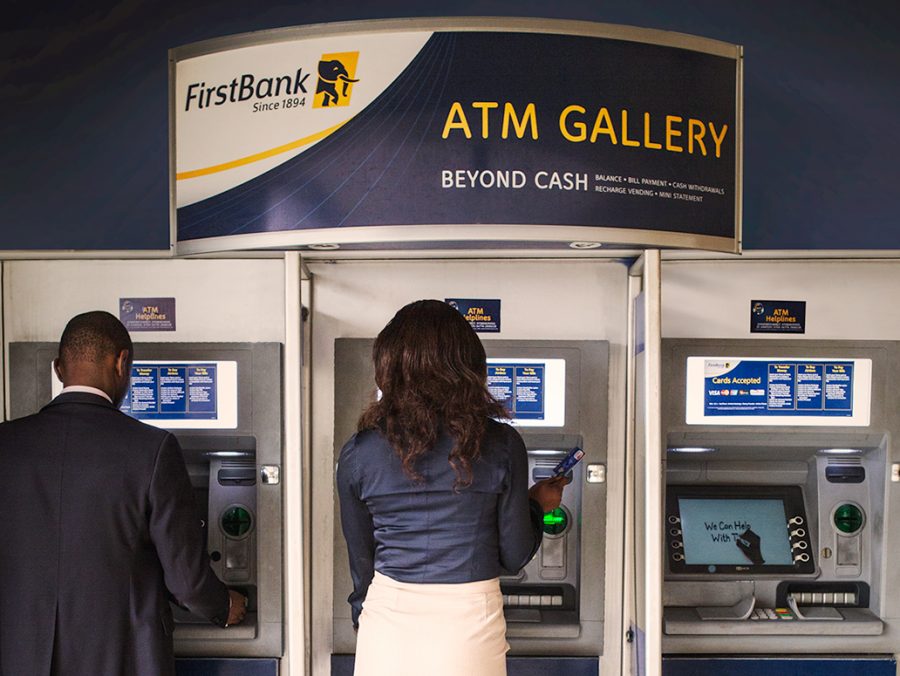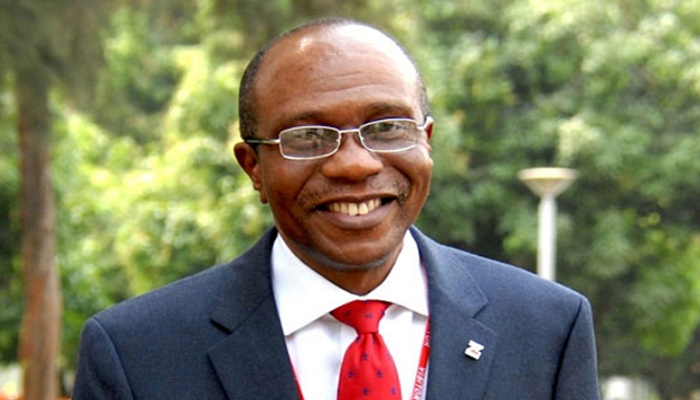Nigerian banks are profitable entities, as evidenced by their annual financial statements and the performance of the banking index. However, one aspect of the banking industry in Nigeria many people dislike is the fact that the bank charges seem to be a lot and on the high side.
Read also: Inactive bank accounts increased by 28% in 2018(Opens in a new browser tab)
Usually, at the end of every month end, I receive four alerts (in quick succession) from my bank, all of which are bank charges. One of the charges is usually withholding tax, another about value-added tax. The other two would then be account maintenance charge and SMS charge. These charges would be sent to me in addition to the N2.50 and N50 value added tax and transfer commission I pay each time I transfer money to third parties in other banks. But that’s not all; I also get another alert for capitalised interest.
By the time I do the calculation, about 33% of the capitalized interest would have already been taken back by the bank in the form of various types of charges. If you then add the transaction by transaction transfer charges, the interest would almost zero. I am sure that this happens to a whole lot of people. So, that got me thinking about how I can minimise the bank charges. Then I downloaded the CBN Guide to Bank Charges and what I found is food for thought which I have decided to share with all and sundry.

How to minimise bank charges
The starting point to minimising the bank charges you pay is to get familiar with what charges your bank can subject you to. Getting to know about such charges entails reading the CBN guide to bank charges or keeping it handy as reference material. Not only will it help you know about the fees, but it can also act as a veritable companion when trying to recoup unauthorized charges from your bank.
According to the Jews, every shekel, dime or kobo counts. So, if there are ways to reduce bank charges, take advantage of them as much as you can because, at the end of the period, such charges add up. So here are a few ways to reduce such charges:
Minimise installment payment
One way to minimise the N50 per transfer charges is not to pay in installments. I know this may be difficult when contracting a project to someone. I have had to pay multiple transfer charges of N50 each because I had to pay by installments as the project progressed.
Deal more with people with the same Bank
Another way to avoid the transfer fee is by dealing with people that have the same bank as you. When you transfer from one account to another in the same bank, otherwise called intrabank transfer, you avoid payment of transfer fee and the value-added tax attached to it.
Select only the banking products that you need
Banks have many financial products on display and each has its own fee characteristic. Some of them bestow some status symbol but they come at a cost and if you are no ready to pay for that cost, do not opt for such a product. For example, an American Express Black Card is an invitation-only credit card used to proclaim status both in spending and creditworthiness. It is an elite card used by celebrities and the ultra-rich. It is a card made of anodized titanium but not everyone that receives the invitation buys into it.
If you do not travel or do not engage in regular foreign currency transactions, there is no need to get a foreign currency denominated credit or debit card where you pay $20 annually as maintenance fee only to show that you belong to the crème de la crème in the society.
Use Prepaid cards instead
The CBN guide indicates that there are no charges for loading and unloading a prepaid card. If that is the case and you can afford it, use prepaid cards rather than pay the N1,000 initial issuing price for a credit or debit card in addition to the renewal fee of N1,000
Restrict ATM use to your bank
Try as much as possible to restrict ATM withdrawals to your bank and use it in third-party banks only in emergencies. By so doing, you will save yourself the third-party charges. Per the CBN guide, On-us (withdrawal from issuing bank’s ATM) attract no charges, but Not on-us (withdrawal from other bank’s ATM) in Nigeria attracts a fee of N65 after the third withdrawal within the same month. You will save yourself the N65 if you restrict your ATM use to your bank.

Opt out of SMS Transaction Alert:
SMS transaction alerts on customer induced transactions attract a fee of N4.00 per alert and if you do volumes of transactions per month, that adds up to a lot. Although the alerts may help you keep a tab on fraudulent activities on your account, you will save a lot of money by opting out of SMS alerts. All it takes to opt out is completing an indemnity form that will free the bank from any liability should there be a fraud on your account.
Use Email Alert Instead:
Email alerts do the same thing that SMS alerts do, only that you only see them when and if you check your emails. The good news is that email alerts carry no charges. Therefore, use email alerts and form the habit of checking your emails frequently especially after initiating a banking transaction.
Avoid requesting for Statements of Account:
It is mandatory for your bank to send you your monthly statement of accounts free of charge, however, any special request for statements of account, attracts a fee of N20 per page. Depending on the number of pages, that too can add up. Instead, if you have online access to your account, you can always query for your transaction history by defining a starting and ending date, which is what the special statement request would do for you. By using online access to access your transaction history over a period of time, you can avoid the charges that come with a special request of statements.
Avoid Issuing Dud cheques:
In countries like America, it is a crime to issue dud checks. While it is not as much a crime in Nigeria, it attracts huge charge or penalty. Usually, the issuer is charged 1% of the amount on the dud check or N5,000 whichever is larger. This means that the minimum you will pay by issuing a dud check is N5,000 which can be avoided by avoiding such practice.
Use Software Token (OTP) instead of Hardware Token:
To consummate your online transactions, you require a token. Such tokens come in two forms- Hardware and Software tokens. Hardware tokens attract a cost recovery fee subject to a maximum charge of N4,000 but software tokens are free except where they are sent via an SMS in which case a fee of N4 per SMS will apply. In addition to the initial payment of N4,000 for a hardware token, they also cost additional N4,000 for replacements due to physical damage, loss or expiration.
Now, Do the Math:
The CBN Guide on Bank charges states the fee chargeable by banks for each activity or product but that does not guarantee that the banks will charge at that rate especially where the guide makes such charges either negotiable or as having maximums. For example, upon checking the CBN issued guide on bank charges, I noticed that section 3, states that account maintenance fee is negotiable but subject to a maximum of N1 per mille. Permille stands for the Latin word, per thousand. This, therefore, means that if you execute a transfer worth N100,000 within a month, you are required to pay an account maintenance fee of N100, so if you do the math and you find out that you are charged more than should be, then call your bank and find out why.
Stay Informed:
Try to be and remain informed about bank charges as they are subject to change by referring to the most current version of the CBN Guide on Bank Charges.
























